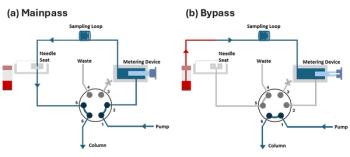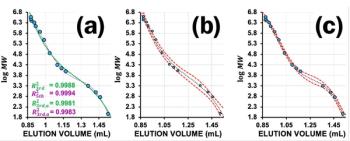
Chinese American Chromatography Association Invites Awards Nominations
The Chinese American Chromatography Association (CACA) invites nominations for three awards: the 2018 CACA Young Investigator Award; the 2018 CACA Student Excellence Award; and the HPLC 2018 Student Travel Award.
The Chinese American Chromatography Association (CACA) invites nominations for three awards: the 2018 CACA Young Investigator Award; the 2018 CACA Student Excellence Award; and the HPLC 2018 Student Travel Award.
The CACA Young Investigator Award of $1000 is open to all CACA members who are within 10 years of receiving their highest degree at the time of the award session.
The 2018 CACA Student Excellence Award of $500 for each awardee recognizes outstanding contributions to the development of separation science and its applications, especially in the field of chromatography. The award is supported by Mac-Mod Analytical.
The Young Investigator and Student Excellence Awards will be presented at the CACA networking dinner event at Pittcon 2018, in Orlando, Florida, from February 26–March 1, 2018.
The HPLC 2018 Student Travel Award of $500 recognizes outstanding contributions to the development of separation science and its applications, especially in the field of chromatography. The award will be announced at the HPLC 2018 conference (July 29 to August 2, 2018, in Washington, DC). The Student Travel Award is open to all CACA members who are graduate students at the time of the award session. The awardee is requested to present his or her work during the CACA network dinner event at HPLC 2018.
Potential candidates for any of these awards must be members of CACA to be eligible, and may join the organization for free simply by joining the CACA group on LinkedIn:
More details can be found at the organization’s website,
Newsletter
Join the global community of analytical scientists who trust LCGC for insights on the latest techniques, trends, and expert solutions in chromatography.




